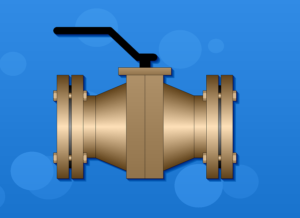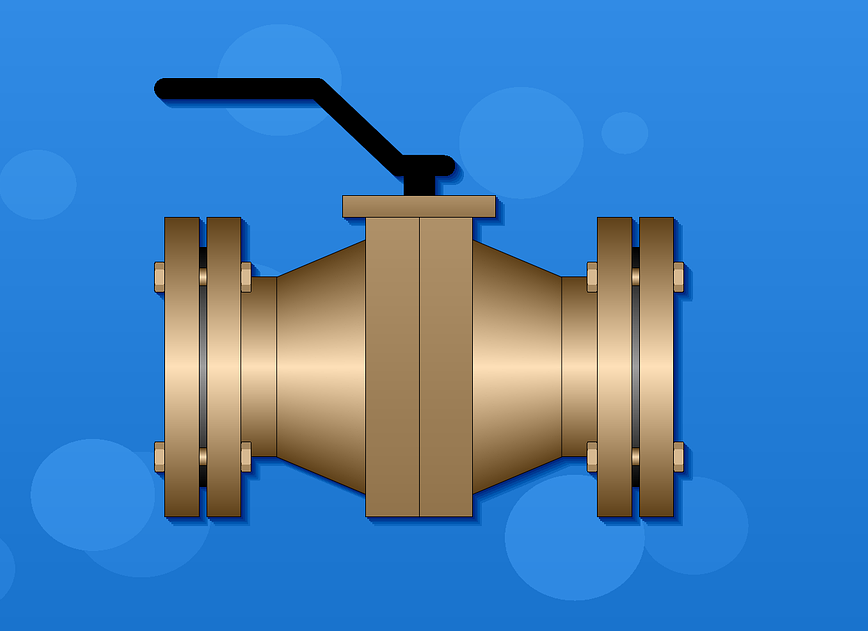Engineers looking for a high performance ball valve need to consider typical conditions for their application. Some valves are rated for different conditions than others, and you want to make sure to choose a valve that is most suitable. Not only do you need to make sure the valve meets your minimum needs, you also don’t want to choose a valve with much higher ratings, as this can be overkill and often costs more than you really need for your operations. We’ve gathered some information about common ratings you may see on valve bodies and specs to help you determine the right valve for your needs.
Common High Performance Ball Valve Ratings and What They Mean
As you consider which severe service ball valves you need for your application, you’ve probably run into many different acronyms. Many of these acronyms are short for specific ratings that the valve has been tested and approved for. Therefore, it’s important to understand what these ratings mean to choose the right ball valve for your needs.
PSI
You probably know that PSI stands for pounds per square inch. So, a ball valve’s PSI rating shows how much pressure of the flowing liquid or gas that the valve can handle per square inch of the valve.
CWP
Another acronym you might find on a high performance ball valve is CWP. CWP stands for cold working pressure and is a fairly standard way to measure temperature and pressure ratings. The cold working pressure is the maximum working pressure for the valve in normal ambient temperatures, or -20°F to 100°F. You can use this rating to help determine if the valve fits your needs for liquids and gases that stay at ambient temperatures.
WOG
WOG stands for water, oil, and gas. This rating is a pressure rating specifically for these materials at ambient temperatures. However, it’s important to note that the gas that WOG stands for doesn’t include combustible gases. This rating is being used less and less in the industry because it’s a bit more complicated than the CWP rating for valves.
SWP or WSP
SWP and WSP ratings both refer to the same thing. One stands for steam working pressure and the other stands for working steam pressure. Essentially, this rating is the maximum pressure for steam at the highest temperature rating for severe service ball valves.
High Performance Ball Valve ANSI Classes vs. PSI

In addition, many ball valves that use flanged connections often use an ANSI class rating rather than a PSI rating. ANSI is an independent organization that stands for the American National Standards Institute. It’s a common misconception that the class number refers to the PSI. For instance, many mistakenly believe that ANSI class 150# means it’s rated for 150 PSI. This is incorrect!
Figuring out the PSI of a valve based on its ANSI class is a little more complicated than that. For this, you’ll likely need to get a copy of the ANSI standards. Pressure and temperature ratings for each class differ based on the material of the valve as well as any specialized coatings. So, a ball valve made of steel with an ANSI class 150# likely doesn’t have the same pressure and temperature rating as an ANSI class 150# ball valve made of iron . It’s also important to note that pressure classes are usually rated in megapascals (MPa). You may need to remember that 1PSI = 0.0069 MPa if you’re trying to convert from ANSI class to PSI. You can also ask one of our valve experts to help you find the right valve for your application based on operating temperature, pressure, fluid/gas, and other conditions.
Advanced, Reliable Severe Service Ball Valves from Copeland Valve
At Copeland Valve, we know you need dependable, durable industrial ball valves. We design and manufacture high quality ball valves that put performance first so you have peace of mind for your operations. Whether you’re dealing with high temperatures, high pressures, corrosives, or other severe service conditions, our team has the solutions you need for a tight, no leak seal. In addition, we also offer proprietary carbide coating in Houston to help strengthen valves for enhanced durability. Call us now at (346) 384-0865 for more information and to get a free quote from our experts.

